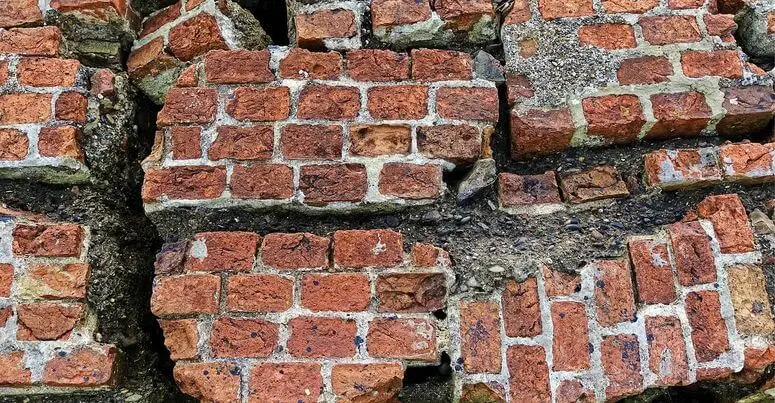If one adds the direct damage caused by the March earthquake in Zagreb and its environs, the total is about €16.6 billion or HRK 124.5 billion, just a few billion kuna less than one annual state budget or 32% of GDP.
The estimates after both earthquakes were done by World Bank consultants in cooperation with the Construction Ministry and the Regional Development and EU Funds Ministry.
Eventually, the damage caused by the December quakes could rise to €5.5 billion. It covers the three counties affected – Sisak-Moslavina, Karlovac, and Zagreb – but it’s clear that most of the damage was caused in towns and villages in Banija.
After the Zagreb earthquake in March 2020, the damage was estimated at €11.6 billion, twice as much as the damage estimated after the December tremors in Banija, which makes sense given that the areas affected in Banija are mostly rural, with people living in houses. In Zagreb, tenements were damaged too.
The damage was calculated also by density of locality and type of building as well as property prices, which are much higher in the centre of Zagreb than in Glina, Petrinja or Sisak.
According to the latest information, 37,512 buildings have been reported as damaged in Banija and 31,550 have been inspected, with 4,009 receiving a red label, meaning they are unusable, and 6,918 receiving a yellow label, meaning they are temporarily unusable.
In Zagreb, 38,600 buildings have been inspected, with 4,436 receiving the red and 8,318 the yellow label.
Croatia applied for money from the EU Solidarity after the Zagreb earthquake and an application is being prepared for Banija. The deadline for applying is 23 March, but the government will do so by the end of next week, Jutarnji List said.
For more information about earthquakes in Croatia, follow TCN’s dedicated page.












